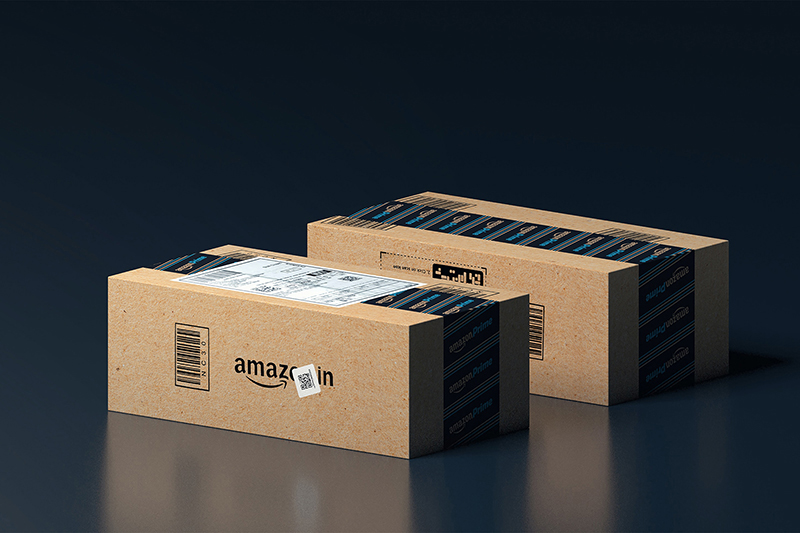Revolutionizing Hong Kong’s Logistics Sector with AI: A New Era of Efficiency
Hong Kong’s logistics industry plays a critical role in its economy, acting as a global hub for trade and commerce. Yet, the industry faces unique challenges that differentiate it from other sectors. Additionally, it shares several hurdles common across various industries, exacerbating operational complexities. However, the advent of advanced artificial intelligence (AI) solutions offers a glimmer of hope, promising not only to alleviate these challenges both unique and shared but to bolster capabilities, drive efficiency, and fuel innovation.
Unique Challenges Meet Shared Obstacles
Hong Kong’s logistics industry faces some distinctive challenges not typically encountered in other industries. It is notably grappling with high real estate costs, which make warehousing expensive and force firms to optimize space meticulously. Next, the dense urban environment often creates logistical bottlenecks, further compounded by complex regulatory requirements that can change unexpectedly. Another unique challenge involves the labor-intensive nature of much logistics work, making automation both essential and difficult to implement effectively due to diverse operational needs.
In addition to these unique challenges, logistical firms in Hong Kong also face broader issues that affect various sectors. Talent scarcity in data analytics and technological expertise continues to be a pressing issue. Because of rapid technological advancement, integrating digital tools seamlessly into existing operations without disruption is vital for staying competitive. In fact, operating in an ever-changing technological context presents another significant shared challenge: ensuring firms leverage cutting-edge AI tools while maintaining high operational standards.
AI Agents: A Solution Tailored for Modern Demands
AI agent systems are emerging as a vital solution for these daunting challenges in logistics. Their ability to harness data efficiently can mitigate the effects of high real estate costs by optimizing warehouse management and utilizing space more effectively. AI tools—specifically AI agents—can also analyze complex regulatory factors, providing insights and flagging potential compliance risks before they become significant issues.
Moreover, AI agents excel at streamlining operations, which is crucial for addressing labor-intensive processes. By automating repetitive tasks, logistics firms can free up human resources to focus on areas where they can make the most significant impact. Moreover, they promise to alleviate shared industry challenges. AI agents help close the talent gap by making sophisticated analytics accessible to all organizational levels, ensuring seamless technological integration and bolstering Hong Kong’s position as a logistics leader.
Successful AI Agent Implementation: Keys to Success
Implementing AI solutions requires strategic planning to truly transform logistics operations. Undoubtedly, aligning AI systems with business objectives is essential. Companies should identify specific operational pain points that AI tools can address. Moreover, selecting scalable and customizable AI systems ensures that tools remain adaptable to changing business environments.
Ensuring staff are adequately trained in AI technology also plays a crucial role in successful adoption. Educating employees not only enhances their interactions with these systems but also empowers them to think of creative, innovative ways to leverage AI agents.
Spotlight on LAIDFU: Enhancing Logistics with AI
Multiable’s AI agent builder, LAIDFU, offers potent features specifically designed to address the logistics sector’s unique challenges:
- No-code RPA: Facilitates swift trigger, monitor, and evaluation of business processes, enhancing response time and performance.
- EBI Integration: Identifies upsell opportunities and crisis-to-be, improving operational scalabilities.
- Zero-data-input Features: Tackles CRM, ERP, and HCM blind spots, ensuring precise management decisions.
- Operation Quality Management: Ensures year-round performance monitoring, recognizing stellar performers and identifying vulnerable areas.
- Sales Lead Discovery: Automatically pinpoints sales strategies, reducing reliance on staff interventions.
Customization at Its Core: LAIDFU‘s Flexibility
LAIDFU stands as a testament to customized AI integration. It offers firms in Hong Kong the capability to build bespoke AI agents using no-code tools. Robust support for DeepSeek, OpenAI, and xAI signifies that industry leaders can leverage the best large language models tailored to logistics needs.

What is Business AI?
Business AI is an AI tool which aims to optimize business functions, boost employee productivity, and drive business value. Business AI leverages various artificial intelligence technologies such as machine learning, natural language processing, and computer vision.
What is AI Agent?
An artificial intelligence (AI) agent refers to a system or program that is capable of autonomously performing tasks on behalf of a user or another system.
What is LAIDFU (Let AI Do for You)?
LAIDFU is an AI tool for enterprise to build their own AI agents to perform various business AI tasks.
Proprietary EKP (Enterprise Knowledge Partitioning) technology eases CEO’s concern about trade secret leakage which often occurs in most AI agents / chatbots in the market.
EKP removes the hurdle of business AI adoption by most companies in using sensitive corporate data.
Powered by no-code approach, deployment of LAIDFU incurs far less developers (and development costs) in comparison with other AI tools.
LAIDFU empowers business, with or without an ERP system in place.
Contact us

